China's Cui Chunyun takes dance classes at the Mama Sunset center in Beijing to keep fit and delay going to a nursing home.
"People over 70 can still dance," said the 60-year-old retired accountant. "I want to exercise to stay healthy."
The center Cui Chunyun attends has 20 different facilities for thousands of people over 50. They are looking to expand to 200 facilities within the next three years.
Similarly, online learning service Nasdaq Quantasing is planning to hire more martial arts, medicine, video editing, and memory training teachers for its senior classes. Quantasing's revenue increased 24.7% year-on-year to $136 million, with its subscriber base growing nearly 45% by the end of 2023.
China’s aging population is fueling a “silver economy .” China will have 300 million retirees in the next 10 years. Trend-setting companies are already offering classes for middle-class seniors, including yoga, drumming, and smartphone photography.
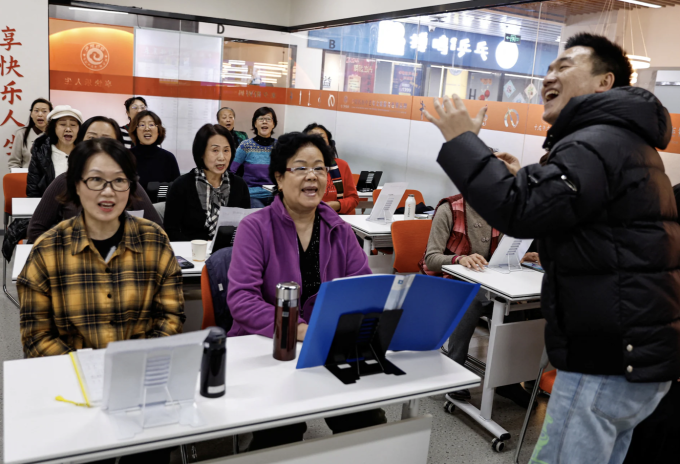
A singing class for the elderly in Beijing, China in January 2024. Photo: Reuters
“The education industry is turning to the gray-hair market,” said Qiu Peilin, director of Mama Sunset’s Beijing branch. Consulting firm Frost & Sullivan expects the senior classes market to grow at a compound annual growth rate of 34% to reach $16.8 billion by 2027.
Rachel He, director of market research firm Euromonitor, said China's elderly are a promising consumer group but will not yield good returns.
The elderly are reluctant to spend money on themselves. The average monthly pension is $400-$800, but Asia-Pacific employment services firm Nomura estimates that 160 million Chinese receive pensions of about $14 a month.
A single class at Mama Sunset costs $6-$8, while a 36-class package costs $275. At Quantasing, one- to three-month packages cost $1,980 to $275-$513.
Ngoc Ngan (According to Reuters )
Source



![[Photo] President Luong Cuong receives President of the Cuban National Assembly Esteban Lazo Hernandez](https://vphoto.vietnam.vn/thumb/1200x675/vietnam/resource/IMAGE/2025/9/30/4d38932911c24f6ea1936252bd5427fa)
![[Photo] The 1st Congress of Phu Tho Provincial Party Committee, term 2025-2030](https://vphoto.vietnam.vn/thumb/1200x675/vietnam/resource/IMAGE/2025/9/30/1507da06216649bba8a1ce6251816820)
![[Photo] Solemn opening of the 12th Military Party Congress for the 2025-2030 term](https://vphoto.vietnam.vn/thumb/1200x675/vietnam/resource/IMAGE/2025/9/30/2cd383b3130d41a1a4b5ace0d5eb989d)
![[Photo] General Secretary To Lam, Secretary of the Central Military Commission attends the 12th Party Congress of the Army](https://vphoto.vietnam.vn/thumb/1200x675/vietnam/resource/IMAGE/2025/9/30/9b63aaa37ddb472ead84e3870a8ae825)
![[Photo] Panorama of the cable-stayed bridge, the final bottleneck of the Ben Luc-Long Thanh expressway](https://vphoto.vietnam.vn/thumb/1200x675/vietnam/resource/IMAGE/2025/9/30/391fdf21025541d6b2f092e49a17243f)


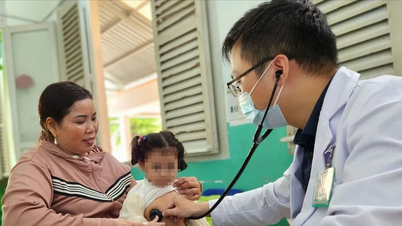

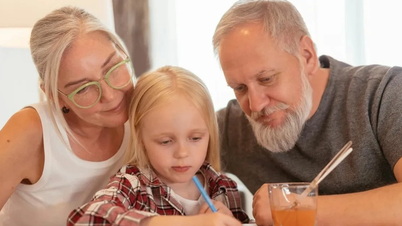

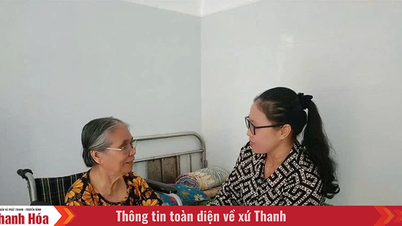

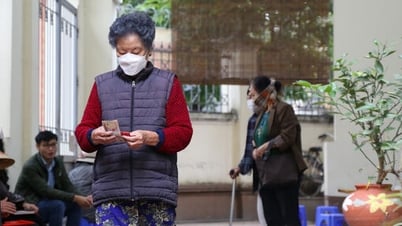





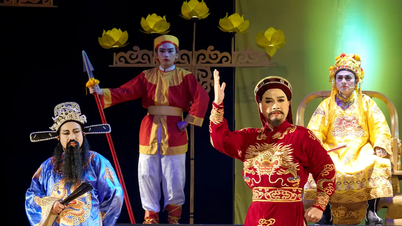



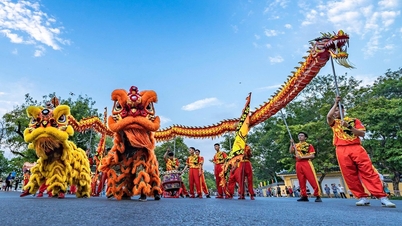















































































Comment (0)